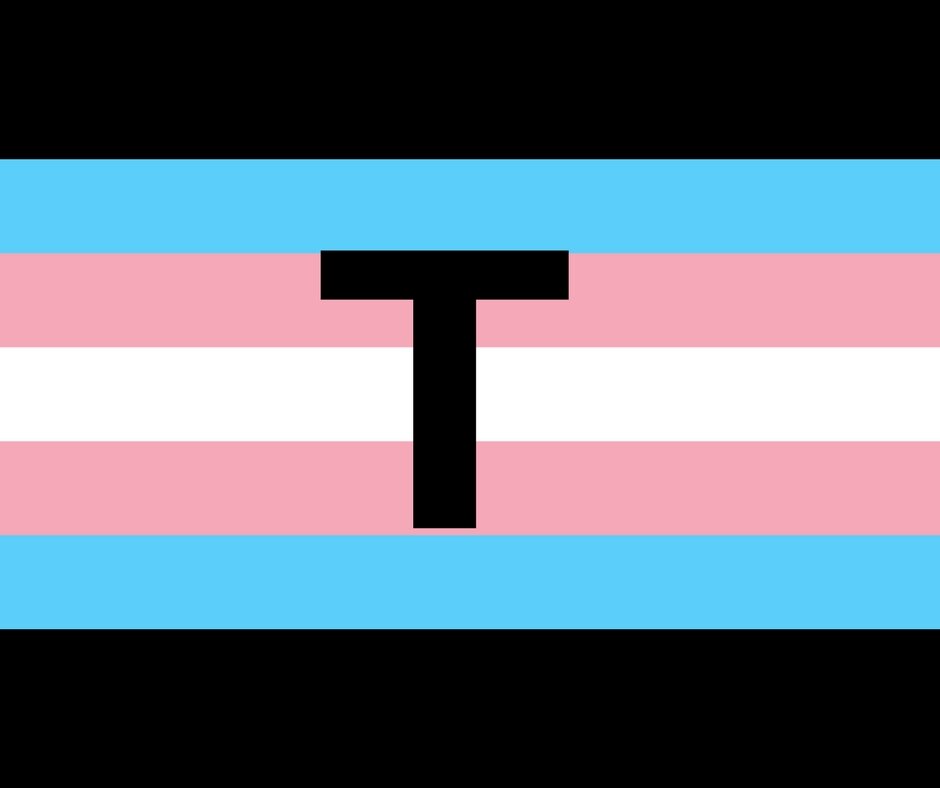Why we have to include the T in LGBT
As many of you will know, we are in the process of creating a new play about sex and relationships. It's called Losing It, and it's designed to teach young people all the stuff that conventional sex education misses out
- “There's a bit more to it than sperm meets egg!”.
We have researched the play by working with young people and finding out what they really want to know. Thankfully, views have definitely moved on since I first started Peer Productions where, when touring our play The Homophobia Project, young audience members would often cheerfully share their terrifying views: gay people need to be cured, lesbians just need a good shag, perhaps we should hang them! Now, in almost every case, young people are at the very least tolerant of those who are LGB, often accepting and celebrating the diversity of who we fall in love with and choose to have sex with.
The young people we worked with felt that lesbian, gay and bisexual people were included in their experiences of sex education. On closer inspection, it seems that schools are actually doing well on explaining that lesbian, gay and bisexual people exist and have the same rights as straight people, including a right not to be persecuted. While this is not really the same thing as providing accessible sex education for all people regardless of to whom they are attracted, it is a step in the right direction.
Our play features characters in a same sex relationship who fall in love. That's just for starters. By telling stories of, in this case, women who love women against a backdrop which is not about coming out, homophobia or the titillation of men, we are shifting the focus of the story to a narrative which we hope is more empowering for LGB young people. This 90-minute play can't tell every story or do every bit of sex education. Each character's story, however brief, is designed as a springboard for discussion in schools, with our comprehensive Teachers' Pack providing valuable follow up lessons.
We've made a start on LGB - but what about T? The mainstream media seems to have just caught on that transgender people exist and we are starting to hear their stories in both theatrical and documentary forms. However, people who are Trans still experience multiple oppressions. They are more likely to experience hate-based violence and far more likely to commit suicide than their cisgender peers. Talking to young Trans people, they often feel completely excluded from sex education and this can lead to sexual risk taking. There is an undeniable power in telling Trans stories alongside those of their peers, and the impact of seeing yourself included in a play about sex and relationships is surely going to be a positive one. It's a no brainer. I need to write a Trans character.
However, here’s the problem: I don't have a Trans actor. Our charity recruits a team of actors for one year who work on all of our projects and receive free training. No Trans actors applied last year, so none are in the cohort. I thought about recruiting someone separately, but the logistics of this didn't seems achievable or fair. Actors perform in our projects in exchange for comprehensive free training and support. A new actor coming in won't have had that opportunity. I could start recruiting now and postpone the project for a year, but this isn't practical as the project already has bookings, and the need for up-to-date comprehensive sex education is urgent and real. I could omit a Trans storyline, but then weave one back in next year when I have an actor who is Trans, but what if no one applies? What will it be like in the meantime if I put out a sex ed play without acknowledging the existence of Trans people? This play will reach around maybe 7000 young people this year and, with an estimated 1 in 100 being Trans, that's 70 children who remain invisible and excluded.
There seems to be only one viable option: cast a cisgender actor as a Trans character. Whilst it's uncomfortable for all sorts of good reasons, the alternative is far more uncomfortable. As the play is told in retrospect and we see our characters from ages 11 to 19, this means we see an 11 year-old assigned and assumed female in some scenes, before Ash starts to understand himself and come out in his later teens. Perhaps it would actually be quite difficult for some Trans people to step back into a place of oppression, even if just in fiction.
Now, I'm sure I am going to be berated for this, but I am lucky enough to have Trans people in my social circle. Okay, I'll say it - one of my good friends is Trans. I realise it's a cliche, but he is and he was kind enough to look over things with me and discuss the implications of different decisions. After thrashing it out, we were in the same position. In an ideal world, we would cast a Trans actor in the role but, as we don't have one available, representation is more important. He has even agreed to meet with our actor and talk to her about his experiences.
This has definitely been a challenge, but as I watch our extremely talented young actor start to embody the role, I feel excited and I know that, whilst some may say it's controversial, this was the right decision.
Decide for yourself - http://www.peerproductions.co.uk/show/losing-it-public-performance/

